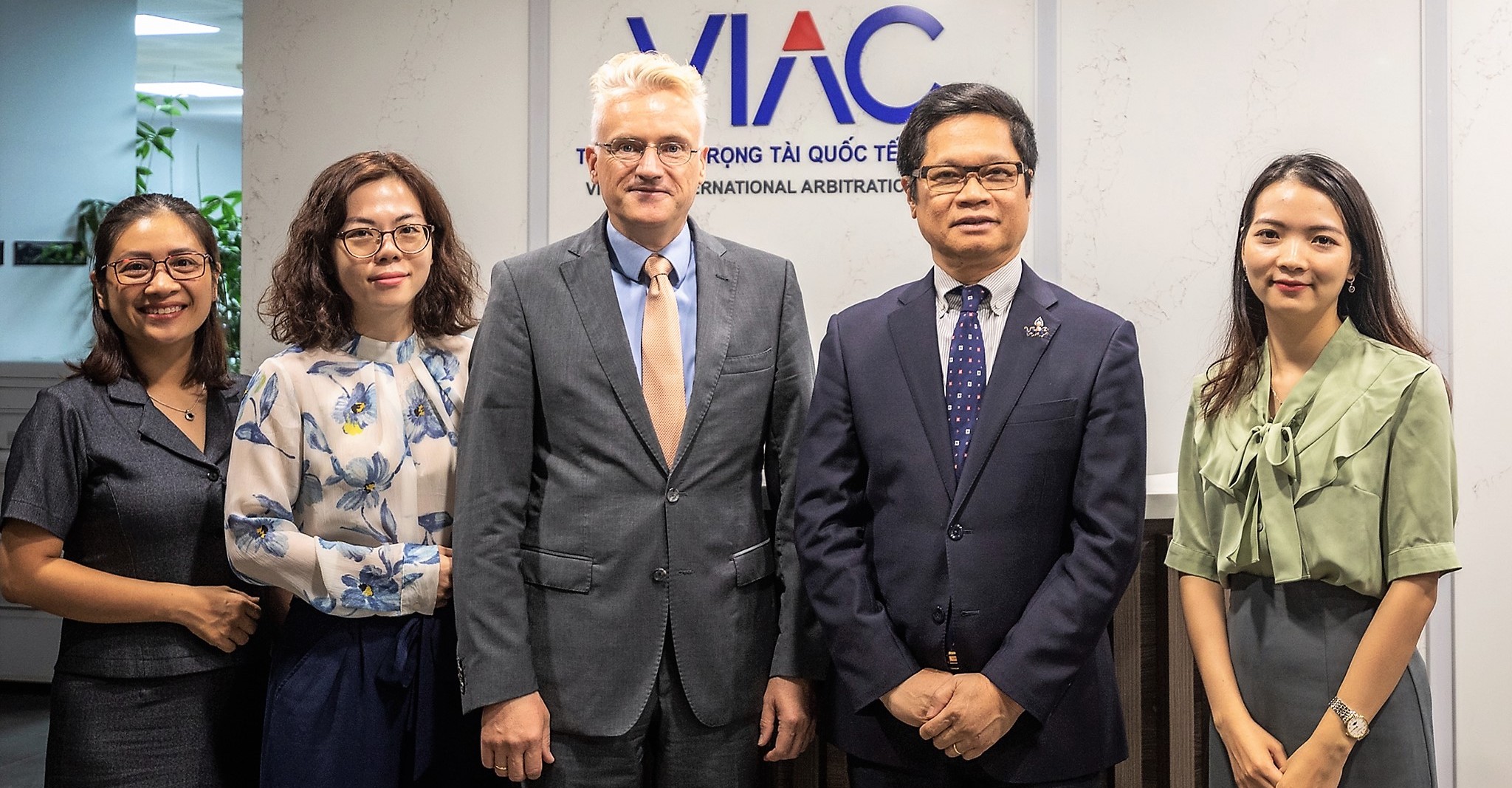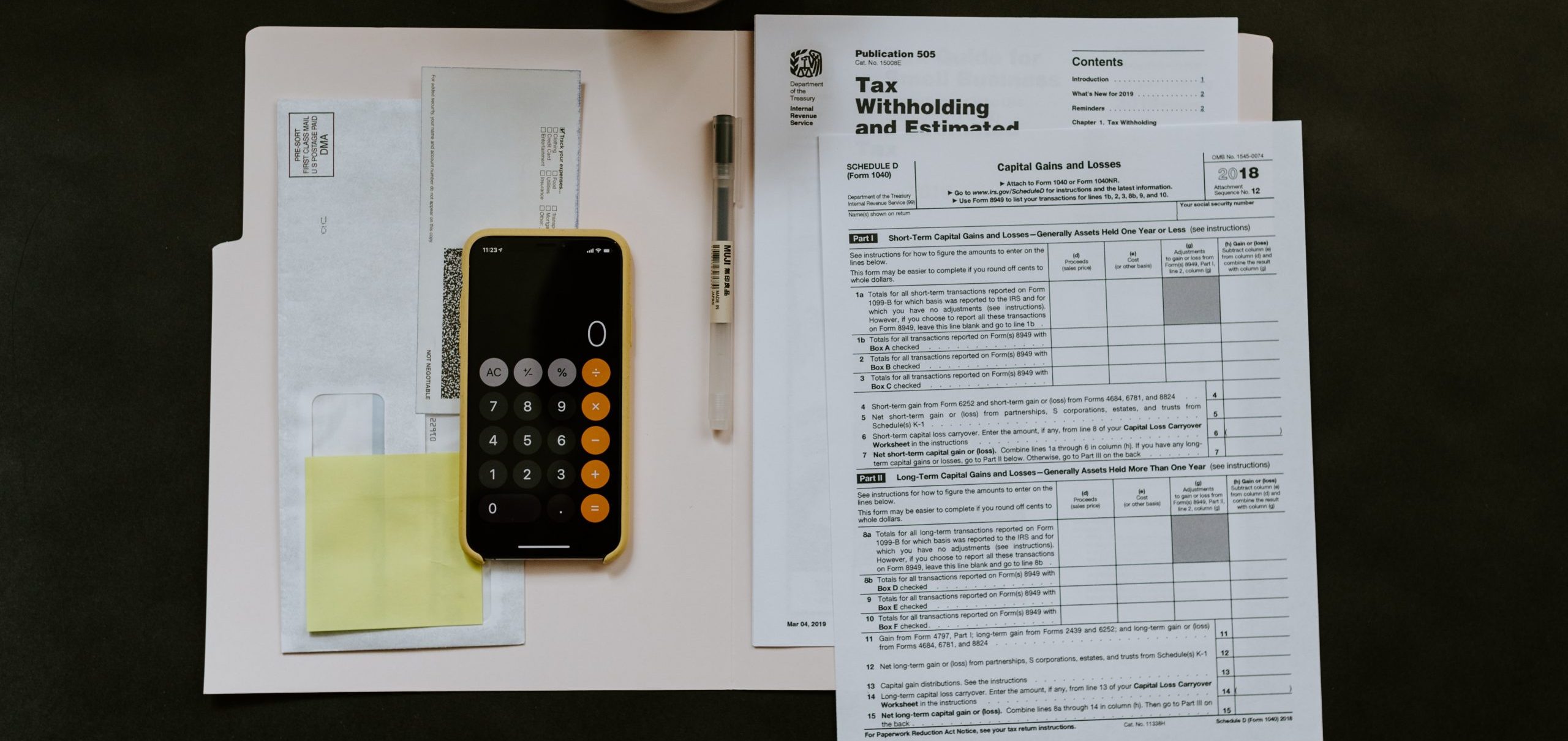Order and procedures for dispute settlement at VIAC Arbitration

1. Legal grounds
- Law on Commercial Arbitration No. 54/2010/QH12 dated June 17, 2010 of the National Assembly of the Socialist Republic of Vietnam (Law on Commercial Center);
- Resolution 01/2014/NQ-HDTP dated March 20, 2014 of the Judicial Council of the Supreme People’s Court guiding the implementation of a number of provisions of the Law on Commercial Arbitration (Resolution 01/2014/NQ-HDTP) ;
- The 2017 Rules of Procedure (2017 Rules) of the Vietnam International Arbitration Center VIAC (Rules).
2. Content of consultation
Dispute settlement at the Vietnam International Arbitration Center (VIAC) is carried out according to the order and time limit as follows:
Step 1: The Plaintiff sends the Claim Form to the Arbitration Center (according to Article 30 Law on Commercial Centers and Articles 5, 7 of the Rules).
In case of dispute settlement at the Arbitration Center, the Plaintiff must make a Petition to submit to the Arbitration Center. The petition must contain the following contents:
- Date, month and year of making the petition;
- Names and addresses of the parties;
- Summary of the content of the dispute;
- Grounds for initiating lawsuits;
- The value of the dispute and other claims of the Plaintiff;
- Name of the person selected by the Plaintiff as an Arbitrator or requested by the Center to appoint an Arbitrator;
- Signature of the legal representative or the authorized representative in case the Plaintiff is an organization; signature of the individual or of the authorized representative in case the Plaintiff is an individual.
The Complaint must be accompanied by an arbitration agreement and other relevant documents.
Time to commence arbitration: Unless the parties agree otherwise, arbitration shall commence from the date on which the Center receives the Claimant’s Petition.
Step 2: The arbitration center sends the Notice, petition and related documents to the Respondent (according to Article 32 Law on Commercial Center and Article 8 of the Rules).
Unless otherwise agreed by the parties on the time limit, within 10 days from the date on which the Center receives the Complaint, arbitration agreement, other relevant documents and documents of advance payment of arbitration fees. Plaintiff, Center sends to Respondent Notice, Petition, arbitration agreement and other relevant documents.
Step 3: Defendant sends a Statement of Defense to the Arbitration Center and Counterclaim (according to Article 35, Article 36 Law on Commercial Centers and Article 9, Article 10 of the Rules).
Defendant submits a Statement of Defense
Unless otherwise agreed by the parties, within 30 days from the date of receipt of the Notice, the Claim, the arbitration agreement and other relevant documents, the Respondent must submit to the Self-Defense Copy Center. The Self-Defense Statement must contain the following contents:
- Day, month and year of making the Self-Defense Form;
- Name and address of the Respondent;
- Self-defense facilities;
- The name of the person selected by the Respondent as Arbitrator or requested by the Center to appoint an Arbitrator;
- Signature of the legal representative or the authorized representative in case the Respondent is an organization; signature of the individual or of the authorized representative in case the Respondent is an individual.
The Center may extend the deadline for submission of the Statement of Defense upon the Respondent’s request for an extension. The request for extension must be made in writing and must be sent to the Center for receipt before the expiration of the time limit for sending the Self Defense Form or before the expiry of the time limit for sending the Self Defense Form.
Arbitration proceedings are still pending even if Respondent has not submitted a Statement of Defense.
In case the Respondent has a counterclaim
In addition to submitting a Statement of Defense, the Respondent has the right to sue the Plaintiff on matters related to the dispute.
The counter-claim must be based on the arbitration agreement on which the Plaintiff has sued the Respondent. The counterclaim must be in writing separately, independent of the Statement of Defense. The counter-claim must be sent to the Center at the same time the Self-Defense is submitted.
Unless the parties agree otherwise on the time limit, within 10 days from the date of receipt of the Counterclaim, relevant documents and arbitration fees, the Center shall send to Plaintiff a Notice, Counterclaim and related documents.
Unless the parties agree otherwise on the time limit, within 30 days from the date following the date of receipt of the Notice, Counterclaim and related documents, the Plaintiff must send to the Center a Statement of Claim. defense against the Counterclaim.
The counterclaim is simultaneously resolved by the Arbitral Tribunal itself, which handles the Claimant’s claim.
Step 4: Set up the Arbitration Council at the Arbitration Center (according to Article 39, Article 40 of the Law on Commercial Centers, Article 8 of Resolution 01/2014/NQ-HDTP and Article 11, Article 12, Article 13 of the Rules).
Number of Arbitrators: Disputes shall be resolved by an Arbitral Panel consisting of three Arbitrators or a sole Arbitrator. In the event that the parties do not agree that the dispute shall be resolved by the Arbitral Tribunal consisting of the sole arbitrator, the dispute shall be resolved by the Arbitral Tribunal consisting of three arbitrators.
In case of establishment of an Arbitration Council consisting of three arbitrators
Each party to the dispute shall select one Arbitrator and those two Arbitrators shall jointly select a third Arbitrator as the Chairman of the Arbitral Tribunal. If by the statutory expiration date, the Respondent cannot choose an arbitrator for him/her, the President of the Arbitration Center shall appoint an Arbitrator for the Respondent, specifically:
Unless the parties agree otherwise, the Claimant must select or request the Center to appoint an Arbitrator. In case the Plaintiff requests the Center to appoint an Arbitrator, within 07 days from the date of receipt of this request, the President of the Center shall issue a decision to appoint an Arbitrator on behalf of the Plaintiff.
Unless otherwise agreed by the parties, the Respondent must select an Arbitrator or request the Center to appoint an Arbitrator and must notify the Center within 30 days from the date of receipt of the Notice of Arbitrator. Notice, Complaint, arbitration agreement and other relevant documents (30 days coincide with the deadline for submitting the Statement of Defense). In case the Respondent requests the Center to appoint an Arbitrator, within 07 days from the date of receipt of this request, the Center President shall issue a decision to appoint an Arbitrator on behalf of the Respondent.
In case the Respondent does not choose an Arbitrator or does not request the Center to appoint an Arbitrator within the above 30 days, within 07 days from the expiration of the time limit, the Center President shall issue a decision to appoint an arbitrator. an Arbitrator on behalf of the Respondent.
Unless otherwise agreed by the parties, within 15 days from the date on which the Arbitrator selected by the Respondent or appointed by the President of the Center receives notice of his/her selection or appointment as Arbitrator, the The arbitrator must elect a third person as the Chairman of the Arbitration Council and notify the Center. If after this time limit expires, if the Center does not receive a notice on the election of the Chairman of the Arbitration Council, within 07 days from the date of expiry of the time limit, the Center President shall issue a decision to appoint the Chairman of the Arbitration Council.
In case of establishment of an Arbitration Council consisting of a sole arbitrator
Unless otherwise agreed by the parties, within 30 days from the day following the date on which the Respondent receives the Notice, Complaint, arbitration agreement and other relevant documents, the parties must agree select a Sole Arbitrator or request the Center to appoint a Sole Arbitrator and must notify the Center (this 30 days coincides with the deadline for submitting the Statement of Defense).
In case the Center does not receive this notice, within 07 days from the expiry of the 30-day time limit mentioned above, the Center President shall issue a decision to appoint the sole arbitrator.
Step 5: Prepare to solve the case
After the Arbitration Council is established, the commercial dispute will be officially prepared for settlement. This process includes the following tasks: Researching records, determining facts, collecting evidence, applying temporary emergency measures, etc.
Mediation in Arbitration proceedings (According to Article 58 of the Law on Commercial Center and Article 29 of the Rules): In arbitration proceedings conciliation is not a mandatory procedure but the Arbitral Tribunal must respect the self-reconciliation of the parties. parties. At the request of the parties, the Arbitral Tribunal shall conduct conciliation. In case of successful conciliation, the Arbitration Council shall issue a Decision to recognize the successful conciliation, this Decision shall have the same effect as the Arbitral Award.
Step 6: Open a meeting to resolve the dispute (according to Articles 54, 55 Law on Commercial Centers and Article 25 of the Rules).
The time and place of conducting the dispute settlement meeting shall be decided by the Arbitral Tribunal, unless otherwise agreed by the parties.
The summons to attend the meeting to resolve the dispute shall be sent to the parties by the Center at least 15 days before the date of the meeting, unless otherwise agreed by the parties. In case the meeting is adjourned or the Arbitral Tribunal decides to open the next meeting, the time limit for sending the summons shall be decided by the Arbitral Tribunal, unless otherwise agreed by the parties.
Dispute resolution sessions are not open to the public, unless the parties agree otherwise. At the dispute resolution session, if it finds that the parties no longer have any relevant documents or evidence to provide, the Arbitral Tribunal shall declare this dispute settlement session to be the final session. After the conclusion of the final session, the Arbitral Tribunal is under no obligation to consider any additional documents or evidence, unless the parties agree otherwise.
Postponing the dispute settlement session: If there is a legitimate reason, a party or parties may request the Arbitral Tribunal to postpone the hearing to resolve the dispute. In case the Center does not receive the request for adjournment before the date of opening the meeting to resolve the dispute, no later than 07 working days, the party requesting the postponement shall bear all arising costs, if any. The Arbitral Tribunal shall decide whether to accept or not to accept the request for adjournment, the time limit for adjournment and notify the parties. The Arbitral Tribunal may adjourn the meeting dispute resolution in case of objective obstacles.
Step 7: The arbitral tribunal issues an Award (according to Article 60 of the Law on Commercial Center and Article 31, Article 32 of the Rules).
The arbitral award must be made within 30 days from the end of the last meeting to resolve the dispute.
The arbitral award must be sent by the Arbitral Tribunal to the Center immediately after the date of its making. The Center shall immediately send to the parties the original or certified copy of the Arbitral Award. The arbitral award is final and binding on the parties.
In the case of an Arbitral Tribunal consisting of three Arbitrators, the Arbitral Award and the Arbitral Tribunal’s Decisions shall be made according to the majority rule. If a majority is not achieved, the Arbitral Award and the Decisions of the Arbitral Tribunal shall be decided by the Chairman of the Arbitral Tribunal.
An arbitral award must be made in writing and contain the following principal contents:
- Date, month, year and place of making the Arbitral Award;
- Names and addresses of Plaintiffs and Respondents;
- Names of the Arbitrators or Sole Arbitrators;
- Summary of Complaints and Disputes; summary of the Claim and the issues in dispute, if any;
- Grounds for making the Arbitral Award, unless the parties agree that it is not necessary to state the grounds in the Arbitral Award;
- Dispute settlement results;
- Time limit for enforcement of the arbitral award;
- Allocation of arbitration fees and other related costs;
- Signatures of the Arbitrators or the Sole Arbitrator.
When an Arbitrator fails to sign the Arbitral Award, the Chairman of the Arbitral Tribunal must record this in the Arbitral Award and clearly state the reason. In this case, the Arbitral Award remains in effect.
Step 8: Execution of the Arbitral Award (according to Articles 65, 66 Law on Commercial Centers).
The State encourages the parties to voluntarily implement the Arbitral Award. However, if the party against whom the arbitration award is executed does not voluntarily perform, the party against whom the arbitral award is awarded has the right to make an application to the civil judgment enforcement agency competent to enforce the arbitral award.
The above is the advice of “Khoa Tin” “Sequence and time limit for dispute settlement at the Vietnam International Arbitration Center (VIAC)”.
In case customers have unclear issues or need to discuss further, please call us immediately at 0983.533.005 for a free consultation.
Best regards./.
Latest news










